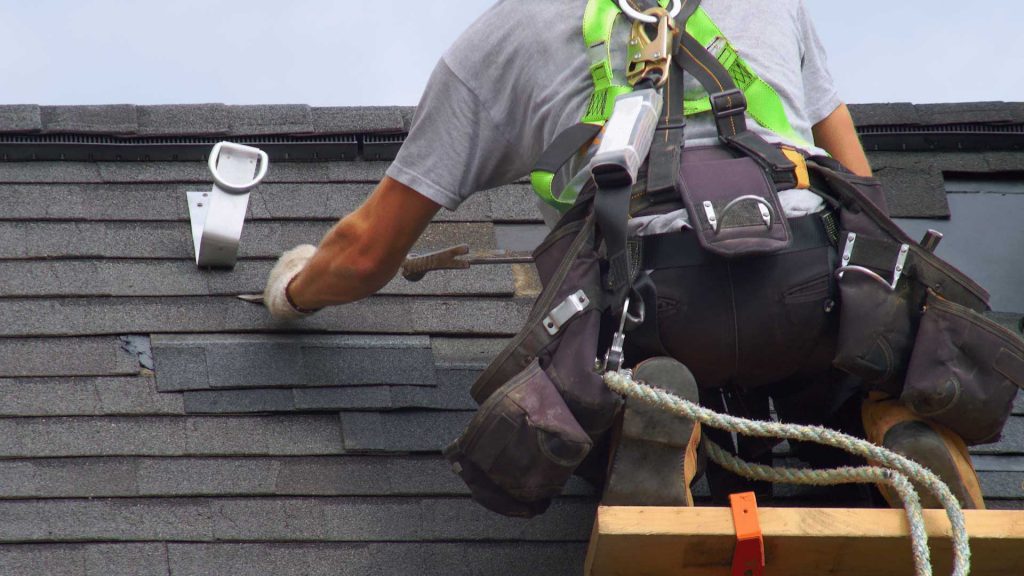Roofing is a vital part of any structure, providing protection from the elements and ensuring the safety of those within. As such, it is important to ensure that only qualified contractors are hired for this essential job.
This article will examine some red flags which may indicate potential issues with a contractor before they are hired. By being aware of these warning signs, individuals can be better equipped to make informed decisions when selecting a roofer for their project.
The presence of certain indicators should not necessarily disqualify an individual or company from consideration; however, if multiple red flags arise during evaluation then further investigation is warranted in order to avoid unnecessary risks and costly repairs later on.
With knowledge of these tell-tale signs, consumers can make more educated decisions about who they hire for their roofing projects and avoid hiring someone who could potentially do more harm than good.
Unlicensed Or Uninsured Roofers
It is important to be mindful of unlicensed or uninsured roofers when selecting a roofing contractor for your project. A lack of proper credentials can indicate questionable workmanship and potentially dangerous safety protocols. This could result in shoddy workmanship that doesn’t meet building codes, leaving you with an unsafe roof.
When researching contractors, be sure to ask about their licensure and insurance information to ensure they are qualified professionals who will provide quality service. Additionally, make sure the contractor has experience working on roofs similar to yours as this may affect the outcome of the job. Many states have requirements for specialized training or certifications depending on the type of structure being worked on, so make sure any potential contractor meets all necessary qualifications.

Lack Of Qualifications Or References
When hiring a roofing contractor, it is imperative to consider their qualifications and references.
Poorly trained contractors may be unaware of current safety regulations or utilize inadequate equipment, leading to unsafe practices and potential damage to your home. Contractors with inadequate training can often cause more harm than good – shoddy construction, costly repairs down the road, and other risks such as water intrusion due to improper flashing installation.
It’s important for homeowners to do research prior to selecting a roofer. Ask questions about past experiences and check online reviews for customer feedback; make sure you are comfortable with their abilities before signing any contracts.
Unprofessionalism Or Poor Communication
Poor communication is a major red flag when hiring a roofing contractor. Unacceptable delays in responding to phone calls, emails, or messages and inadequate responses to inquiries are signs that the contractor is unprofessional.
Poor communication can often cause projects to become delayed, making it difficult for customers to trust the contractor’s ability to get the job done on time and within budget. The quality of the workmanship will also suffer if there is poor communication between the customer and contractor.
The customer may not be sure exactly what they want from the project without clear guidance; this lack of direction can result in subpar results that do not meet expectations. Additionally, issues such as scheduling conflicts or changes in plans due to unforeseen problems could lead to further delays caused by miscommunication between both parties.
Incomplete Or Inaccurate Estimates
The misquotation of prices and imposition of hidden fees can have a significant impact on the financial standing of consumers. Without appropriate attention to detail, customers may find themselves at risk of overpaying for their roofing repairs or renovations. Consequently, it is essential that contractors provide accurate and comprehensive estimates before any work begins in order to ensure that customers are aware of potential costs before committing to a project.
Inaccurate estimates not only place an unnecessary burden on the consumer but also lead to feelings of mistrust between contractor and customer. Furthermore, they can result in delays when additional funds must be sourced after works begin – something which could potentially cause further complications if materials have already been ordered or workers scheduled.
Questionable Quality Of Materials Used
When selecting a contractor, it is important to consider the quality of materials they will be using. Poor craftsmanship, inadequate inspections and inferior products can lead to costly repairs down the road. This makes researching the material supplier an essential part of vetting potential contractors.
Start by asking contractors for proof of their relationships with manufacturers or suppliers. You should also make sure that these suppliers are reputable and have sound reputations in terms of reliability and quality control measures. Furthermore, you may want to ask around with other homeowners who have had similar jobs done recently and inquire about what type of materials were used on those projects.
Doing so can help provide a better understanding of how reliable certain materials are from different suppliers. In short, it is vital to ensure that your contractor has access to high-quality materials when performing roofing work as this will determine not only the longevity but ultimately the success of the project overall.

Unusual Payment Requests
When considering a roofing contractor for your project, it is important to look out for any unusual payment requests. If the contractor does not provide an itemized bill with detailed costs and clear contracts that outline all agreed services and materials, this could be indicative of price gouging.
Additionally, if the contractor insists on receiving payments in cash or asks you to pay more than was initially agreed upon, this should raise a red flag as these are common signs of fraudulent behavior.
It is essential to carefully read through any paperwork provided by the contractor before signing off on anything and make sure you understand all terms written therein. Ask questions until you have a full understanding of what has been agreed upon and what needs to be paid at each stage of the job; do not sign any documents without knowing exactly how much money is expected from you for the work being done.
It is also wise to research multiple contractors and get estimates from several companies so that you can compare them against one another and determine which offers the best value for money. Be wary when working with someone who seems too eager to cut corners or refuses to answer basic questions about their service offerings.
Difficulty Obtaining Documentation
When it comes to finding a reliable contractor, an important factor to consider is the contractor’s ability and willingness to provide essential documents. These include proof of proper insurance coverage and licensing as well as records that show adequate training for their staff.
A red flag should be raised if a contractor is unable or unwilling to present these types of documentation when requested. Inadequate records or inadequate training can both be clear indicators that the business may not have the experience needed to correctly perform roofing work in accordance with local building codes and regulations.
Poorly trained workers may not understand the safety protocols associated with working on roofs, while a lack of records may indicate they are unfamiliar with industry standards and best practices. When a contractor cannot produce required paperwork, homeowners should proceed with caution before entering into any type of contract agreement.
